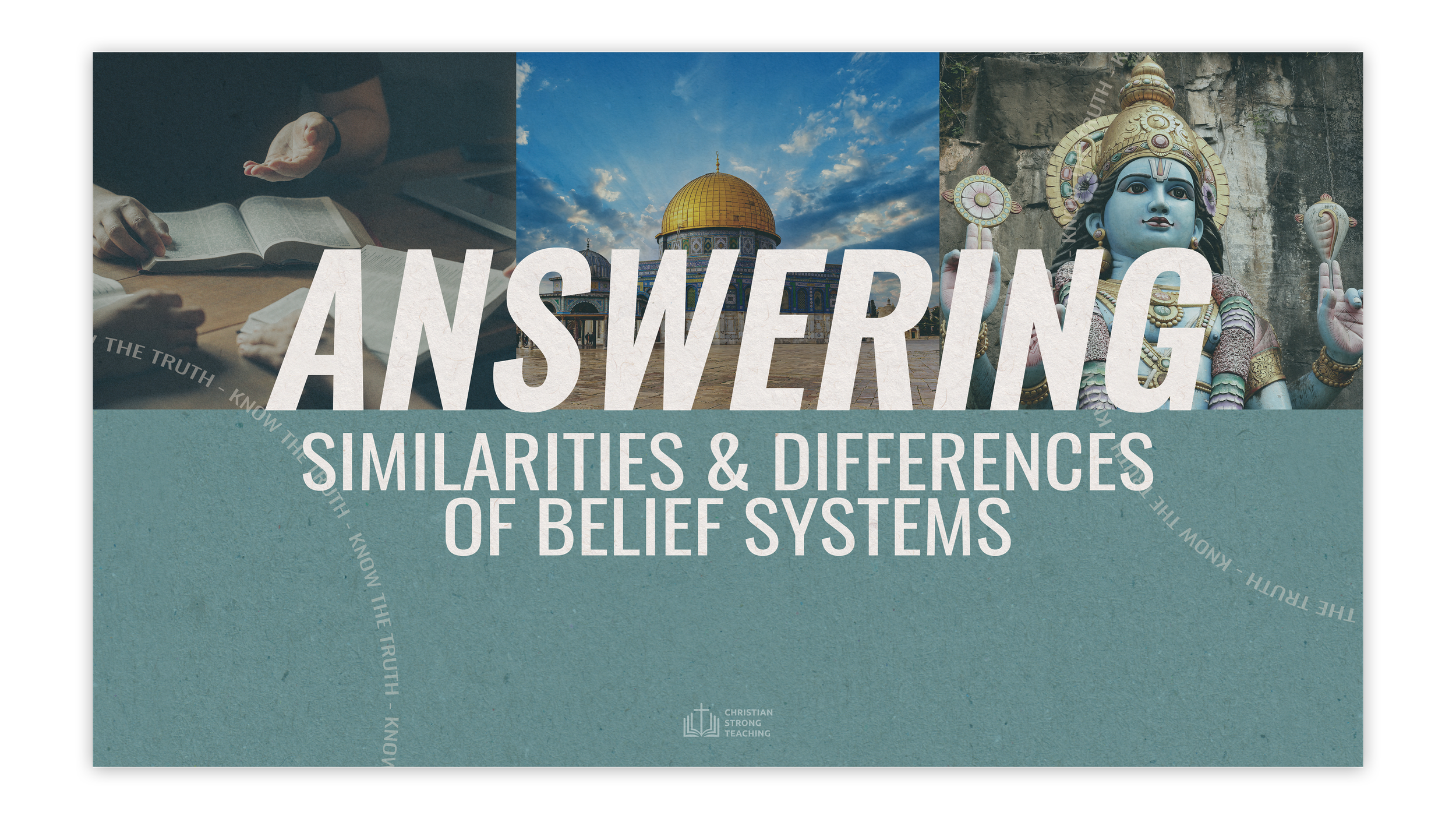
“My passion is teaching God’s people to construct a Christian Strong faith to reach the lost for Jesus Christ.”

We are honored to welcome you to this platform. After proclaiming the Gospel across America and around the world through evangelism, church planting, media outreach, and academic research, we desire to help you construct Christian Strong faith and thinking in Jesus Christ.
Each sermon series begins with a clear, compelling teaching overview, followed by a rich, heartfelt narrative for every message—personally written by us to share its heart and purpose. We encourage you to share the messages that speak to your heart with friends and family.
We believe God is raising up a courageous new generation who will not bend to cultural pressure but live Christian Strong with courage, clarity, and conviction for Christ. Over the last several years, we have researched and filmed internationally to create The Power and Influence of Christian Strong (TPICS) movement. Its goal is to enlist:
• 1,000,000 believers to become Christian Strong.
• 100,000 culture-shaping influencers leading boldly like a modern-day Daniels.
• 50,000 new leaders called to full-time Christian service, equipped to impact the world.
George Barna’s research reveals that less than 6% of believers today have a biblical worldview. The precise goal of the TPICS movement is to train God’s people in biblical and cultural literacy to impact the USA and world for Jesus Christ (learn more here).
Pray for us as we complete the writing of three strategic books and plans to launch our new project. Our prayer is that the messages on our YouTube channel will strengthen your faith, draw you closer to Jesus Christ, and inspire you to live boldly for Him and to share the Gospel with those who are lost.
We are deeply grateful to share this journey of faith with you.
Jerry & Cristie Jo Johnston.
WELCOME FROM the Johnstons
Christian Strong Teaching is the preaching and teaching ministry of pastor and evangelist Dr. Jerry Johnston and is made available through the non-profit ministry, Intentional God, Inc., a 501(c)(3). Through nearly 500 sermons and interviews, listeners will encounter biblically rich, theologically sound, and relevant messages—each one centered on the truth and hope of salvation in Jesus Christ.
We live in a paradox. We have unlimited access to Scripture—phones, tablets, apps, print, and podcasts—yet biblical literacy is at a historic low. The problem isn’t that the Bible isn’t available; the problem is that the Bible isn’t known.
Overcoming Biblical Illiteracy
American families are splintering from addiction, abuse, divorce, and absent fathers. Nearly one out of every four American children lives in a single-parent household. When believers surrender daily to Christ, strengthen their biblical worldview, and live out courageous Christian Strong faith, God’s light shines in the darkest places.
Prayer is not retreat; it is advance.

ABOUT JERRY AND CRISTIE JO








